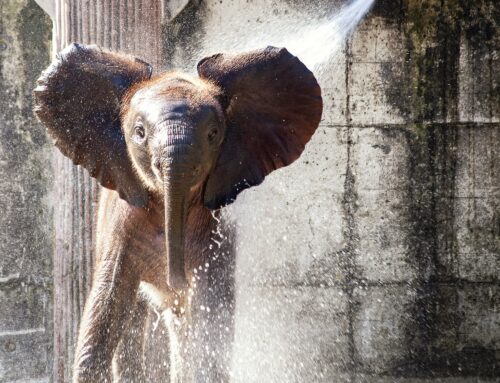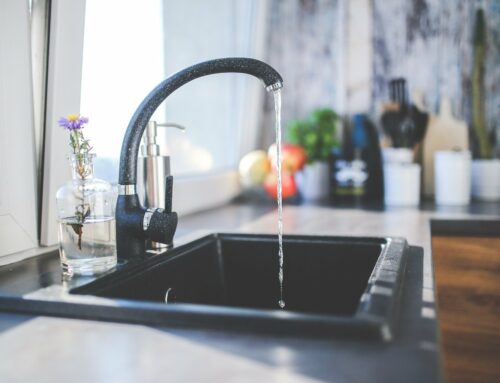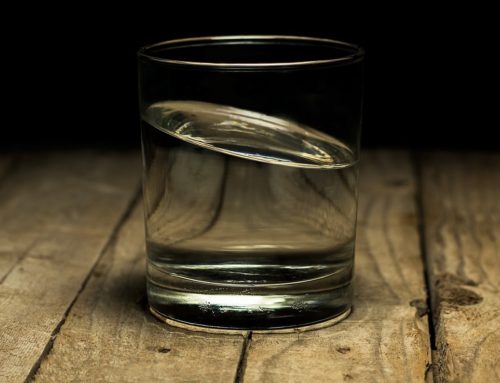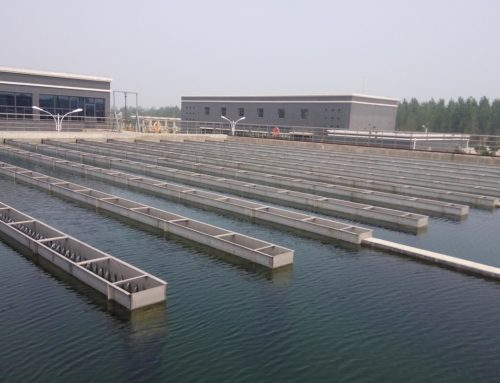Worldwide, ‘accidents’ regularly occur, which often have disastrous consequences for (the health of) our drinking water. This by discharging – with and without permission – all kinds of poisons, PFAS and plastics into rivers, seas and oceans. Despite the fact that our governments continue to claim that our drinking water meets all standards, this raises valid questions for the (medium) long term. Especially with regard to the consequences for our children.
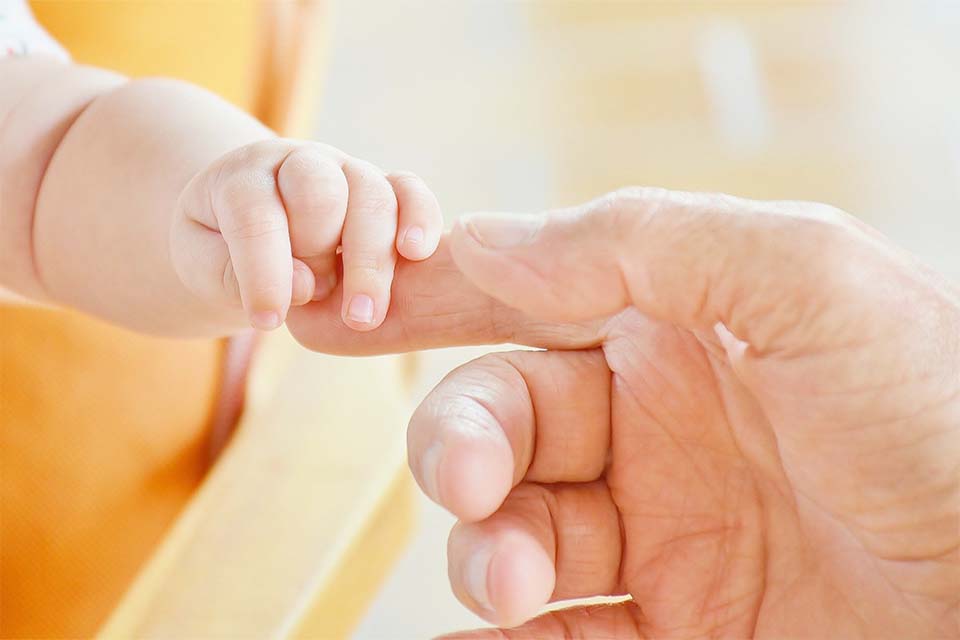
Babies without arms in France because of polluted drinking water
More than 20 cases of babies with deformities of the hands and arms have been reported in several French villages over the past decade. The cause could be found in a contaminated reservoir with drinking water. All affected families received water from the same water company, in regions that are all at the end of the network. This mainly concerned the regions of Ain (next to Lyon), Morbihan (Brittany) and Loire-Atlantique (near Nantes). According to the French news channel BFMTV, the water could be contaminated with – whether or not – banned pesticides, toxic industrial residues or due to a problem during the maintenance of the pipes.
Belgium: at least 20 companies discharge wastewater with PFAS substances into nature, including the Scheldt
According to Flemish MP Mieke Schauvliege (Green), at least 20 companies discharge waste water containing PFAS chemicals into the Scheldt. Information that Schauvliege requested from the Flemish Minister for the Environment Zuhal Demir (N-VA) shows that about 20 companies in the port of Antwerp discharge wastewater into the Scheldt with non-degradable PFAS substances, the group to which PFOS also belongs. These include chemical companies such as BASF, Bayer and INEOS and petrochemical companies such as Exxonmobil and Total.
Recently, another seriously toxic contamination came to light due to the investigative journalists of the VRT program Pano . A Flemish public company discharged more toxic substances, including uranium, near Antwerp into the Scheldt than is legally permitted. The wastewater contains five times more uranium and up to 11 times more cobalt than the maximum standard. The carcinogenic substances nickel and beryllium also exceed the standard. The wastewater ended up directly or via a canal in the Scheldt, according to the official report that the Panos editors could view. This pollution also happens elsewhere with values within or above the standard. Of all kinds of substances that have been proven to affect our DNA, are carcinogenic and disrupt our hormone balance. These poisons also end up in drinking water and are not removed completely or not completely for economic reasons and standards. That pollution is then partly in your tap water.
Dutch drinking water companies alert for high concentrations of lithium in the Rhine
Along the Rhine in Germany, the company Vulcan Energy Resource is soon planning to start extracting lithium on a large scale from the deep underground between Karlsruhe and Basel. Lithium has various applications and is used, among other things, as a medicine for psychological complaints and as a raw material for batteries. The demand for batteries is increasing enormously due to the switch to electric driving and other applications. RIWA is concerned about the consequences of this for the drinking water supply downstream along the Rhine, including in the Netherlands. In 2021, at the request of the River Water Companies, the KWR Water Research Institute made an assessment of lithium extraction along the Rhine and drinking water.
Conclusion Memo KWR – Water Research Institute: “As a result of the planned lithium extraction, it is likely that concentrations in the Rhine are expected to rise and (structurally) exceed the drinking water target value derived here. Based on the (limited) toxicological information and the assumption that lithium is removed poorly or not at all in conventional drinking water treatment seems to give rise to concern for undesirable human health effects as a result of exposure to lithium via drinking water.”
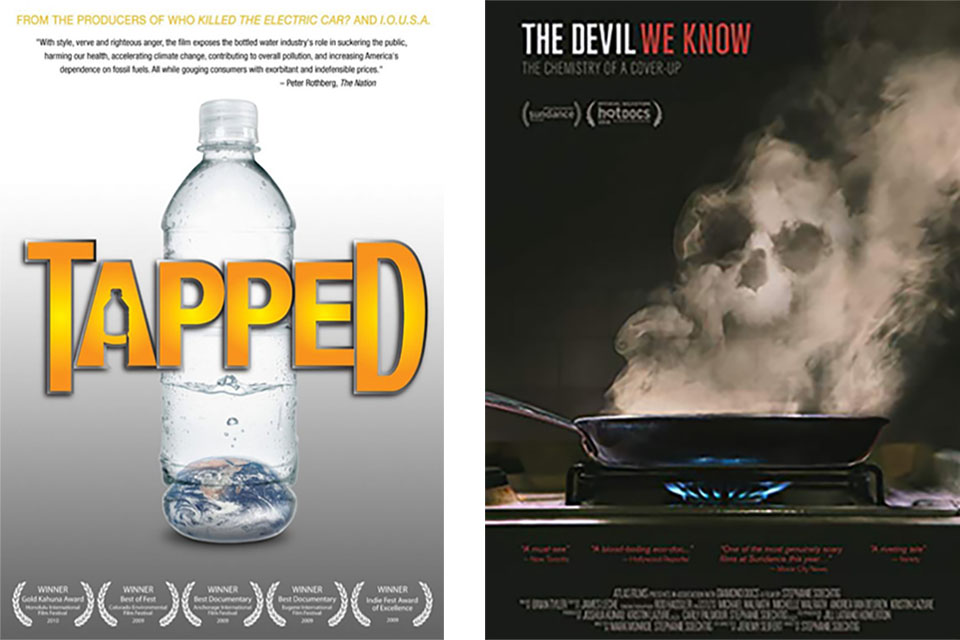
“Today, every baby is born with Teflon chemicals in their blood,” says one of the characters in Stephanie Soechtig’s startling 2009 documentary Tapped.
Documentary Tapped: Stop using plastic bottled water!
Tapped is a carefully constructed plea to immediately replace your daily ‘indispensable’ bottle of drinking water with (more lively) water that is NOT in plastic and which does not contain plastic.
Large companies such as Nestlé, Coca Cola and Pepsi have had permission for years to pump large amounts of American community water for free – without public participation. With disastrous consequences for water resources and the environment, due to all kinds of toxic substances that end up in the water. And then the argument of the extreme pollution from the plastic bottles themselves, with which the oceans are full, has yet to come.
Research documentary The Devil we Know about chemical company DuPont: PFOA is in our drinking water
The documentary The devil we know from 2018 is about one of the biggest environmental scandals, in which citizens in the US state of West Virginia take on the powerful chemical company DuPont, which was based there. This happened after the discovery that this company deliberately uses the toxic chemical perfluorooctanoic acid (PFOA, also known as C8) into drinking water. This toxin is now found in 99.7% of Americans. This documentary from director Stephanie Soechtig follows the personal stories and tribulations of various people who worked in the factory. The film’s title refers to an internal DuPont memorandum to stick with ” the devil we know ” in the continued use of perfluorooctanoic acid (PFOA), rather than spending money to develop a safer alternative.
Sources:
- https://vilt.be/nl/nieuws/leidingwater-oorzaak-van-misvormde-franse-babys
- https://www.vrt.be/vrtnws/nl/2021/06/11/ondanks-hoge-pfas-concentraties-lozen-minstens-20-bedrijven-afva/
- https://www.ad.nl/zeeland/met-uranium-vervuild-water-liep-bij-antwerpen-de-schelde-in-provincie-schrikt-van-bevuiling~a8df2b99/
- Toxicity Lithium – WUR eDepot – April 2021 : https://edepot.wur.nl/562913#:~:text=In %202019% 20were %20de% 20average,data %20valt% 20outside %20deze% 20note .
- https://www.welingelichtekringen.nl/anp/drinkwaterbedrijven-alert-op-winnen-lithium-in-duitsland
- https://watchdocumentaries.com/tapped/

